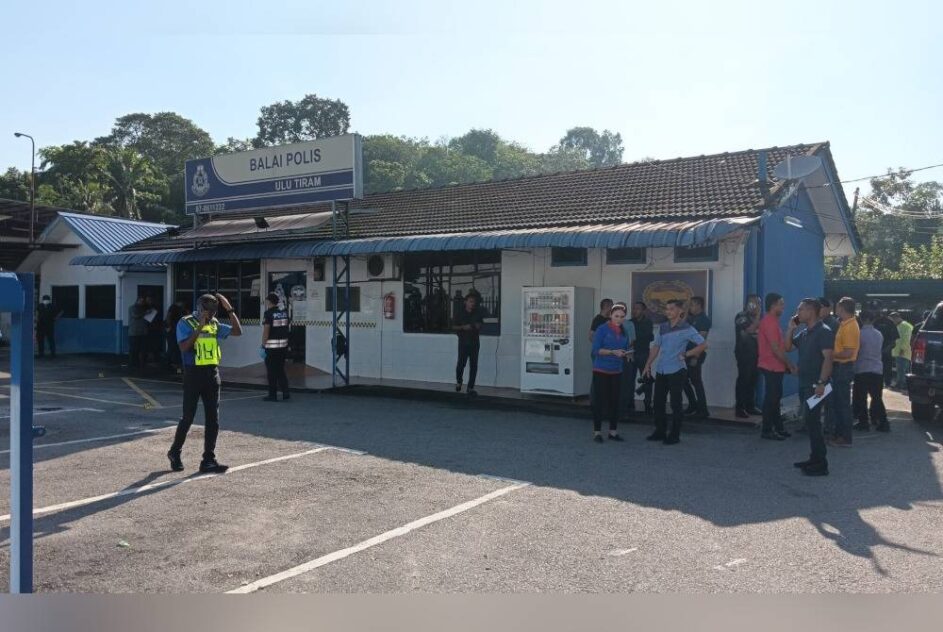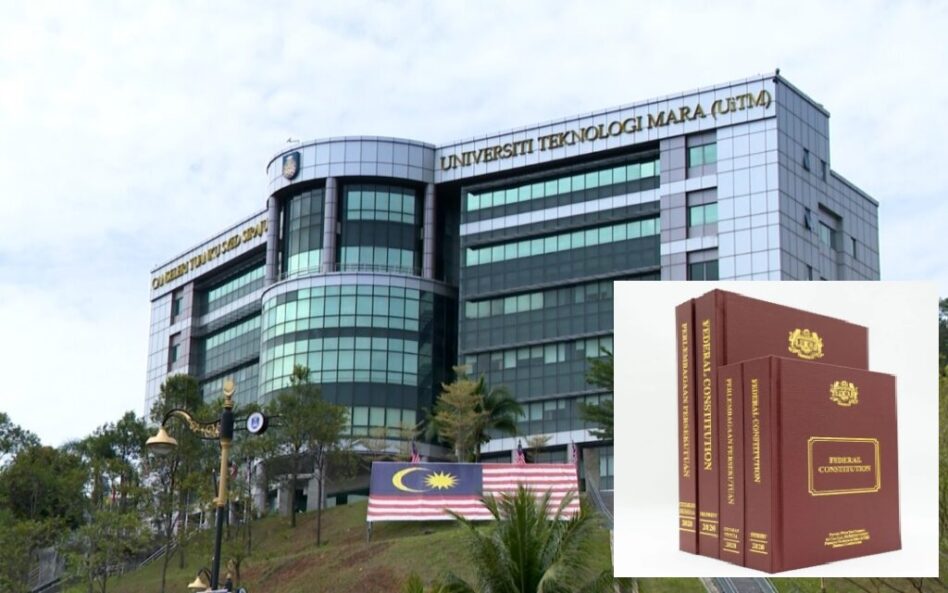PUTRAJAYA may start imposing fines on those who do not show up for their COVID-19 vaccination appointments.
According to Health Minister Datuk Seri Dr Adham Baba, his ministry is in discussion with the National Security Council (NSC) regarding this matter after reports emerged that more than 52,000 individuals across seven states have missed their appointments to date.
But while punitive measures are a good idea to avoid vaccine wastage, this must only be done as a last resort. For now, it is more important that the Government fix the existing issues in the system, which can only be described as a hot mess at the moment.
Among the major source of dissatisfaction among the people is the way the authorities notify people of their vaccination appointment dates.
There had been plenty of reports about how people who had registered manually had failed to receive any sort of notification despite being told that the authorities will be in touch to schedule an appointment.
People who are not tech savvy can only rely on these phone calls to notify and remind them of their appointment dates. It is perhaps not a stretch to say that there are many people out there – especially senior citizens – who are having the same problem.
How does the Government expect these people to show up for their vaccination appointments if they were not even notified about their appointments in the first place?
But technical issues are not the only problem here. In the case of the 9,000 residents in Perak who failed to turn up to receive their COVID-19 vaccines, for example, transportation issue has also been identified as among the reasons for the no-show.
This is especially the case for people who are living in the outskirts and smaller towns. If there is only one vaccination centre – which is located in the city, which is a distance away – this would certainly be a problem.
In this case, perhaps the authorities can work with private e-hailing companies and taxi companies to provide transport to the vaccination site either for a flat rate. Better still, why not have more vaccination centres, especially in smaller towns to ease the transportation problem?
In Pahang, meanwhile, Menteri Besar Datuk Seri Wan Rosdy Wan Ismail also said that there were senior citizens who also changed their minds to get vaccinated after being influenced by fake news about the vaccine spread by family members and friends or which had gone viral on social media.
Now, fake news isn’t something that’s confined only to Pahang – it’s a nationwide ‘pandemic’ by itself, and until the authorities can successfully put a stop to it, this is bound to continue being one of the reasons for the no-shows.
Recent news that a housewife in Perlis became the first person in the country to be fined under the new Emergency (Essential Powers) (No. 2) Ordinance 2021 for spreading fake news on COVID-19 might serve as a lesson to people to not simply share or upload news that is not true, but whether this will this put a halt to COVID-19-related fake news, it’s hard to say for sure.
For now, the authorities have got all the facts and figures, including the number of individuals who have missed their vaccination appointments (more than 52,000) and the reasons for failing to turn up (MySejahtera woes, transportation issues and fake news, among others).
So, what are they going to do about it? – June 6, 2021
Photo credit: The Straits Times










